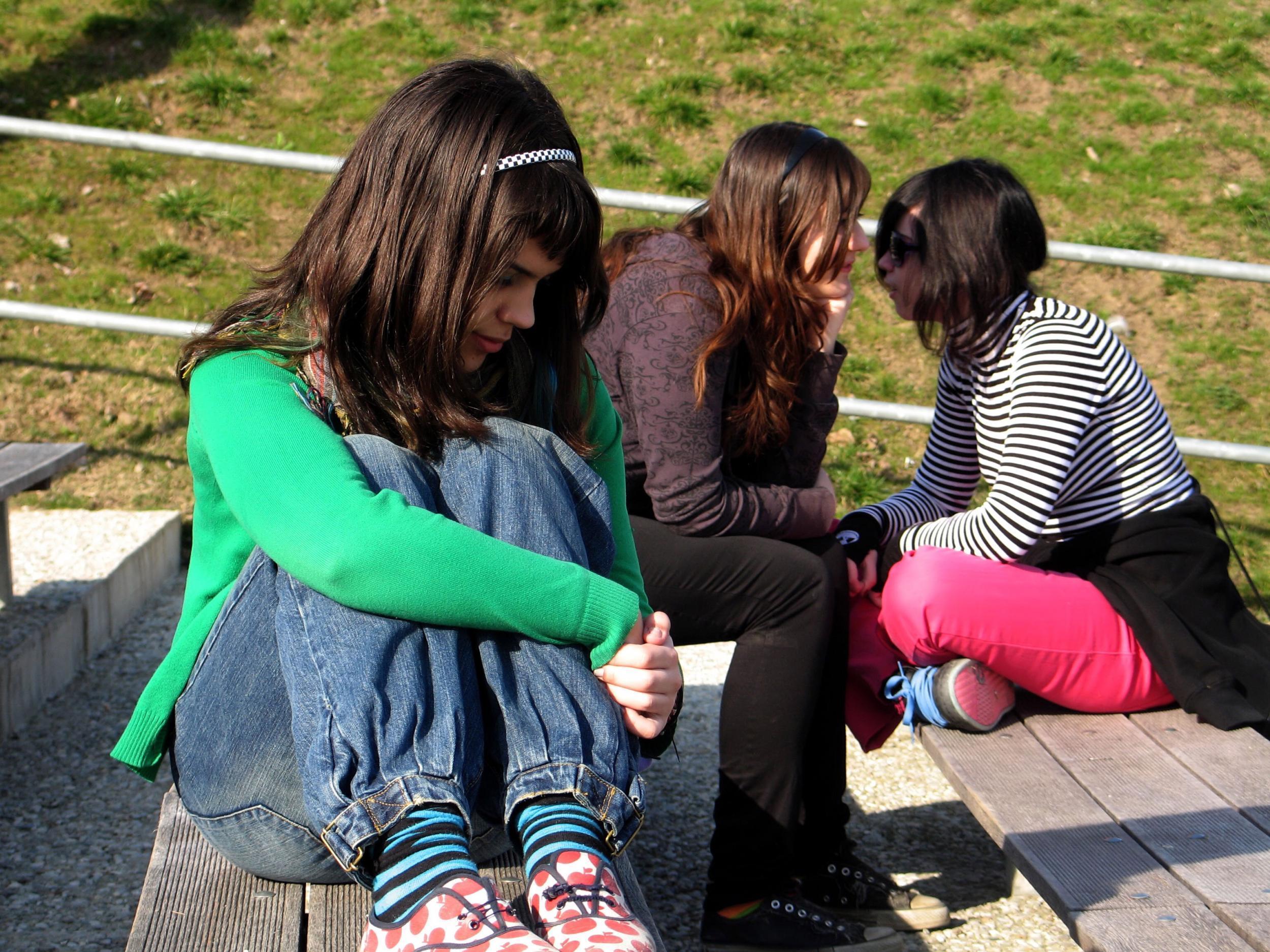Mental health support to be offered in schools under radical overhaul of services for children and young people
'If we catch mental ill health early we can treat it and stop it turning into something more serious,' says Jeremy Hunt

Children and teenagers in England will be able to access mental health support at school or college under a £300m overhaul of mental health services for young people, due to be announced next week.
The Department of Health and Department for Education have released details of key proposals from the forthcoming green paper on young people’s mental health services.
Health Secretary Jeremy Hunt said half of mental health problems start before the age of 14, and that the new measures would mean support is available at the earliest stage to prevent it becoming more serious.
Key measures will include a £95m investment for every school to train a “mental health lead” who will ensure all pupils can access pastoral support and set policies to tackle issues such as bullying.
A further £215m will go towards mental health support teams, which will link NHS mental health services and schools to improve early intervention services.
The Department of Health said “several thousand people” are to be recruited to these teams in the next five years and they “could be trained to offer cognitive behaviour therapy in the classroom”.
It also confirmed leaked reports that the Government will set a four-week waiting-time standard for young people to be seen by the NHS after a referral to mental health services from the GP.
The announcement was welcomed by mental health professionals, who said the early details were a “step in the right direction” – particularly the focus on early intervention.
But they added pledges like the waiting-time target must ensure young people see an appropriately trained professional first time, rather than being bounced around assessments to meet the target.
Health Secretary Jeremy Hunt said: “Around half of all mental illness starts before the age of 14, so it is vital children get support as soon as they need it – in the classroom. If we catch mental ill health early we can treat it and stop it turning into something more serious.”
Other measures that will be included in the consultation include:
- Offering every secondary and primary school in England “mental health awareness” training
- A focus on mental health in PSHE lessons
- A working group to review the mental health needs of 16- to 25-year-olds
Dr Dominique Thompson, a GP with a special interest in mental health, and a director and student health and wellbeing consultant at Buzz Consulting, has contributed to national guidelines on eating disorders.
She told The Independent the emphasis on early intervention was absolutely right, but the plan needs to ensure pupils get the right care from the right professionals.
“I think this green paper is a good step in the right direction, acknowledging the increasing mental health issues being seen in the young population,” Dr Thompson said. “The four-week waiting time is obviously to be welcomed, but it must be achieved by seeing the correct level professional first time, not by adding further layers of assessment, or by seeing someone who is not trained to the appropriate level.”
Sarah Brennan, chief executive of charity YoungMinds, said the commitments needed to be backed with the right funding.
“Long waits have a devastating impact on young people and their families, and currently only one in four young people with mental health problems get the help they need,” she said. “Now it is crucial that services are given the resource to match the true scale of need”.
Dr Bernadka Dubicka, chair of the child and adolescent faculty at the Royal College of Psychiatrists, said: “One of the biggest problems we see is children who do not meeting the threshold for mental health treatment and end up falling through the gaps. They might be too ill to receive the right kind of help at school, but not ill enough to access specialist mental health services.
“It is therefore very promising to see the government looking to tackle this.”
Join our commenting forum
Join thought-provoking conversations, follow other Independent readers and see their replies
Comments